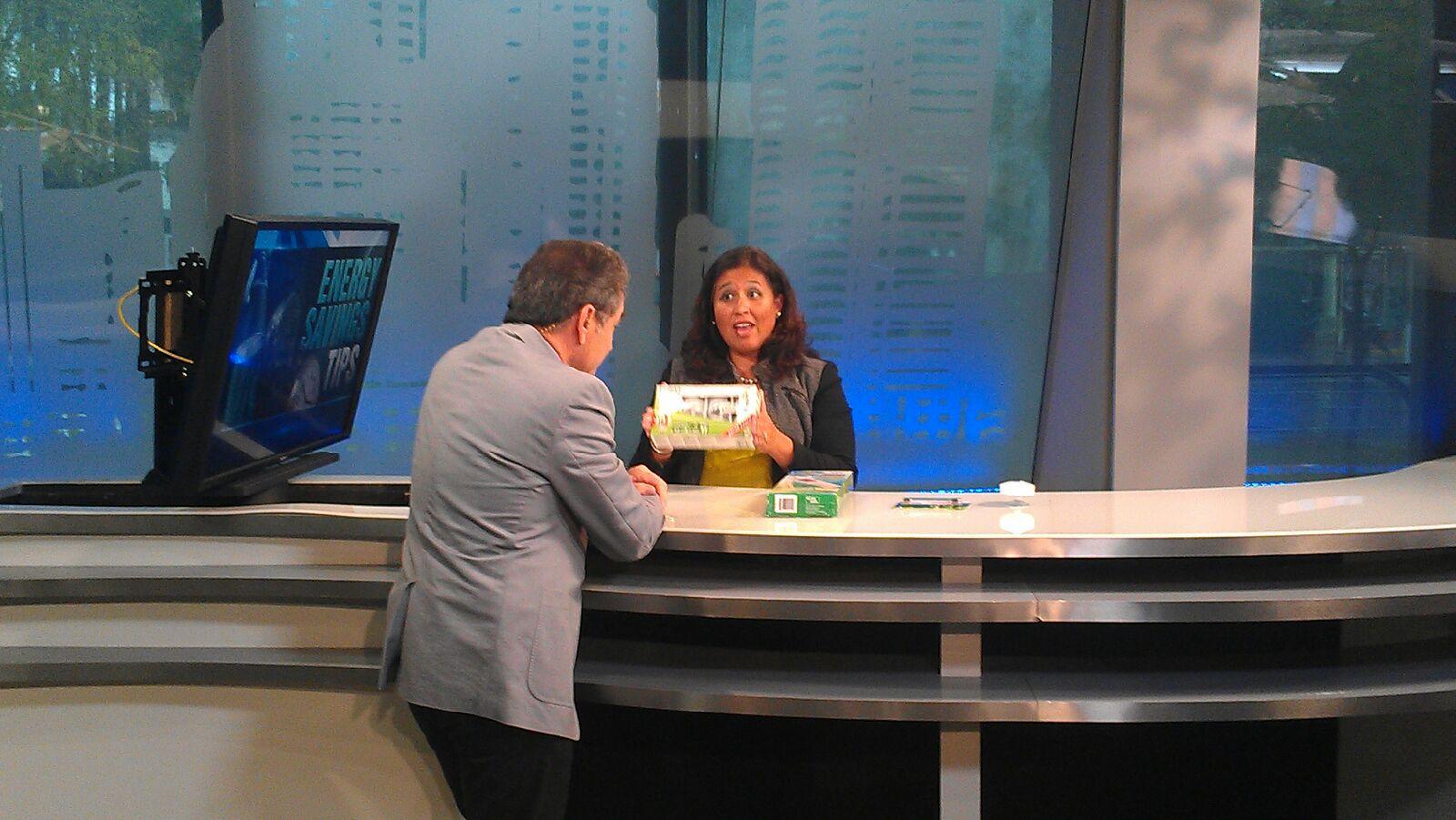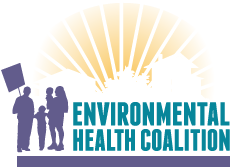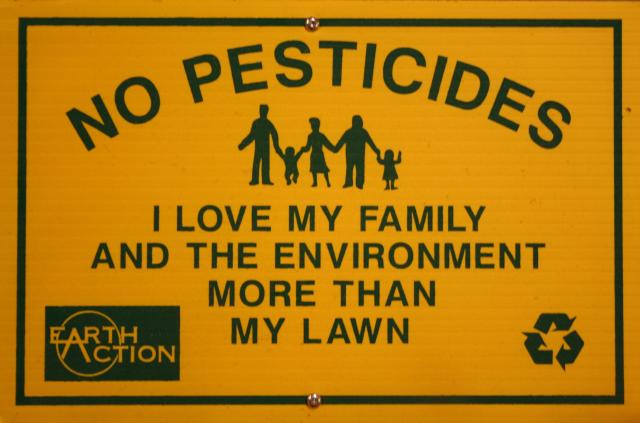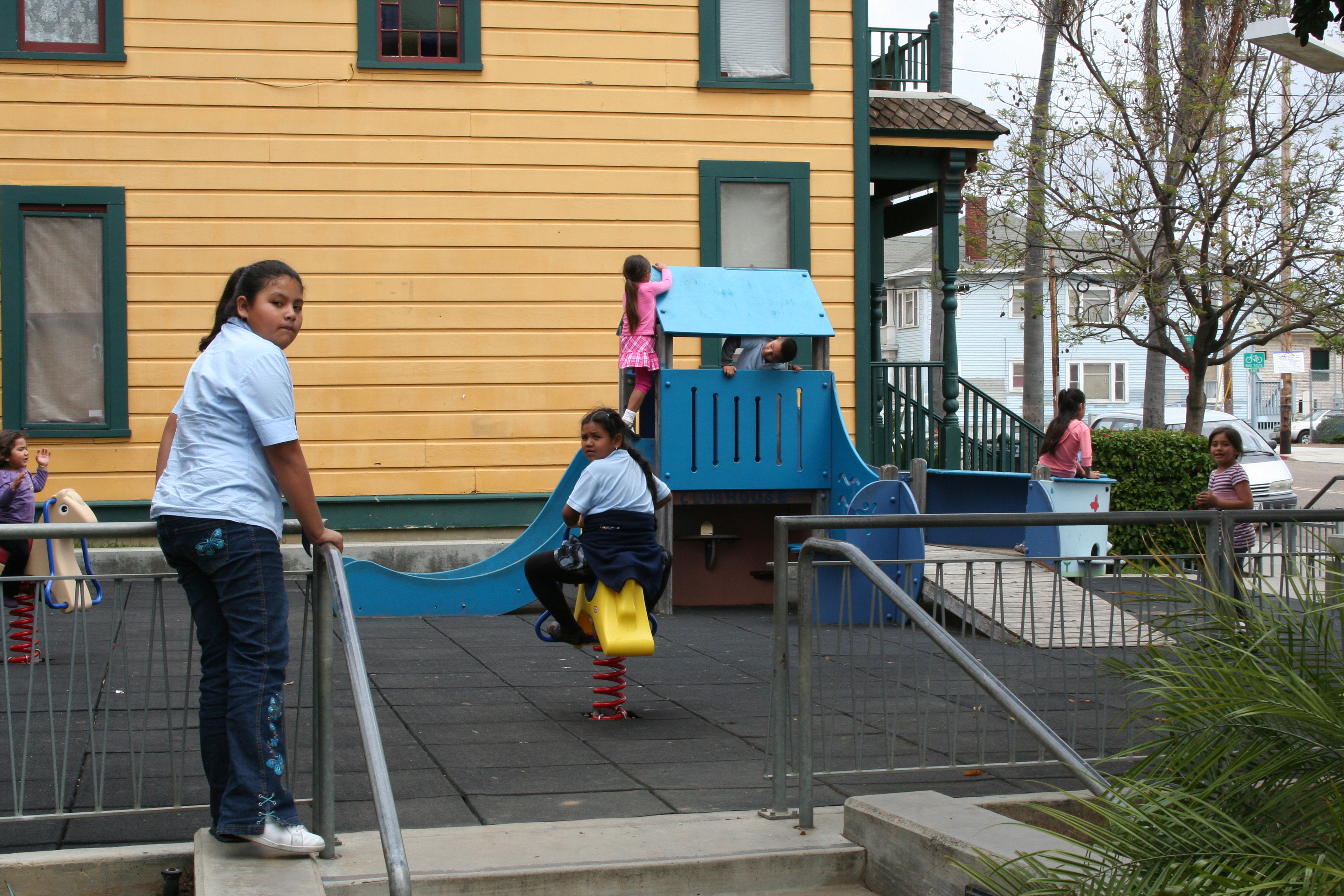
What makes a healthy home in San Diego? Our team would tell you reducing energy costs and making your home toxic-free is a fantastic place to start. But how?
Silvia León, an EHC Healthy Homes advocate, visits homes door-to-door and educates residents on the small changes in daily habits that can have an enormous impact on health and the environment with less reliance on polluting power plants, lowered instances of child respiratory illnesses and cleaner air.
León brings with her simple tool kits coined "Healthy Homes kits", which contain:
- efficient light bulbs that provide immediate savings
- a timer for the shower to help people understand hot-water consumption
- fridge and stove thermometers to help tell when an appliance needs an adjustment or to be traded in
Her home visits teach families how to read and comprehend their energy meters and bills, provide customized room-by-room energy savings action plans and track energy and gas consumption.
One resident working with León, Jerry Guzman, saw drastic reductions in his energy and gas use. Living in a four-bedroom house with his family, prior to the education program they were using about 977 kilowatt-hours of energy a month. After going through EHC's program, they reduced their energy use by 36 percent.
"Prior to EHC working with my family, we had no idea about the easy ways to save energy," Guzman said. "Now I know how to read my energy bill and can better track my family's energy usage."
Results like the Guzman family saw were common among most families that León visited. León says that saving money motivated families as well as the desire to reduce demand of fossil fuels and greenhouse gas emissions – helping to combat climate change and air pollution often seen in their communities.
In addition to putting their energy savings toward other things, such as school supplies or family activities, the major takeaway from this community work is the family's commitment to applying their new habits over the long term as they understand their role in protecting the health of their home, neighborhoods and the planet.
To evaluate your own energy usage, conduct a home energy assessment or Esta dirección de correo electrónico está siendo protegida contra los robots de spam. Necesita tener JavaScript habilitado para poder verlo. today.




 As the days get warmer, your kids and your inner child will head outside to enjoy the outdoors! Do you know if your play area is safe for your family?
As the days get warmer, your kids and your inner child will head outside to enjoy the outdoors! Do you know if your play area is safe for your family?